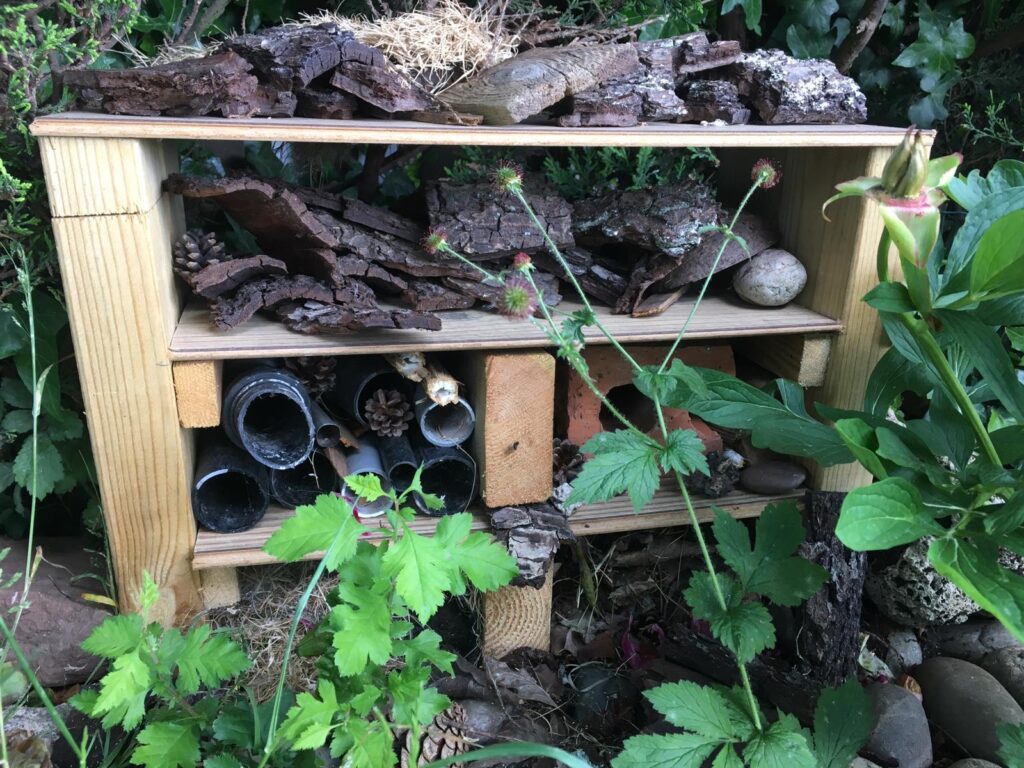Bees: not belligerent pests, but vital fulcrums of our food production system. These yellow insects pollinate the majority of flowers and crops and are a prerequisite for one third of the world’s agriculture. Without them, most of the food on your plate and the beautiful flowers in your garden would not exist! Artificial pollination, i.e. without bees, would cost UK farmers an estimated £1.8 billion a year – sending food prices sky-high, and damaging the economy.
However, they are dying. Since 1900, the UK has lost 13 species of bee, and a further 35 are considered under threat of extinction. Across Europe nearly 1 in 10 wild bee species face extinction. Why, you ask? Well, many reasons, but in domestic situations the main cause is pesticides. Many lawn sprays are more concentrated than those used industrially, meaning they are detrimental to colonies. Not only that, but there is a pervasive issue within the industry of the malnourishment and ill transportation of bees; poor conditions can strip away the fertility of male bees and inhibit mating. It also has an adverse effect on their immune systems, enabling pathogens to run rampant.
The Removes, in an initiative organised by Mrs Sigston, have taken matters into their own hands. Perhaps the most impressive achievement goes to Kai Mewar, who has constructed an elaborate bug hotel in his backyard! “I spent a sunny summer afternoon with my younger brother making a bug hotel for insects,” he said, because “pollinators, especially the bumble bee, are crucial to local ecology but are endangered. Our hotel seemed a practical and aesthetic use for some garden rubbish, and hopefully in years to come more pollinators and bees will thrive in this makeshift home.”
So, how can we all help? I’m sure that not many of us have craftsmanship skills analogous to Kai’s. But we can: grow some bee friendly plants, such as mint, beans and flowering herbs; avoid using pesticides (if you can’t, try to purchase less toxic products); rather than trimming the grass every week, let it grow so that bees have shelter, redolent of their natural habitats. More suggestions, and further information, are just an internet search away. These minor alterations will only cause you slight discomfort, if any, but they will hugely help bees in the long run. It is incumbent upon us to be cognizant of these creatures’ vital importance, and not let bees die out.













